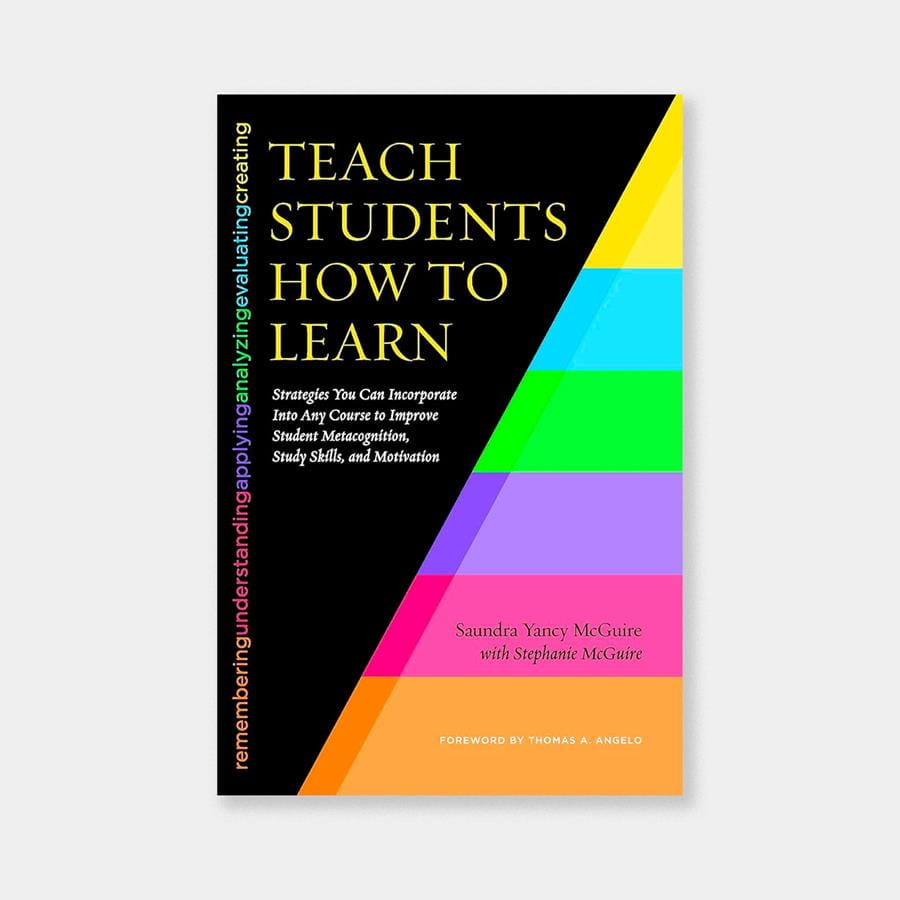
Teach Students How To Learn: Strategies You Can Incorporate Into Any Course To Improve Student Metacognition, Study Skills, and Motivation by Saunda McGuire
Join us for an informal discussion of Saunda McGuire's canonical work Teach Students How To Learn: Strategies You Can Incorporate Into Any Course To Improve Student Metacognition, Study Skills, and Motivation (2015). Using quantitative data, real-life narratives, and student testimonials, McGuire makes the compelling case that fostering metacognition is one of the most powerful tools we can use to improve educational quality and equity.
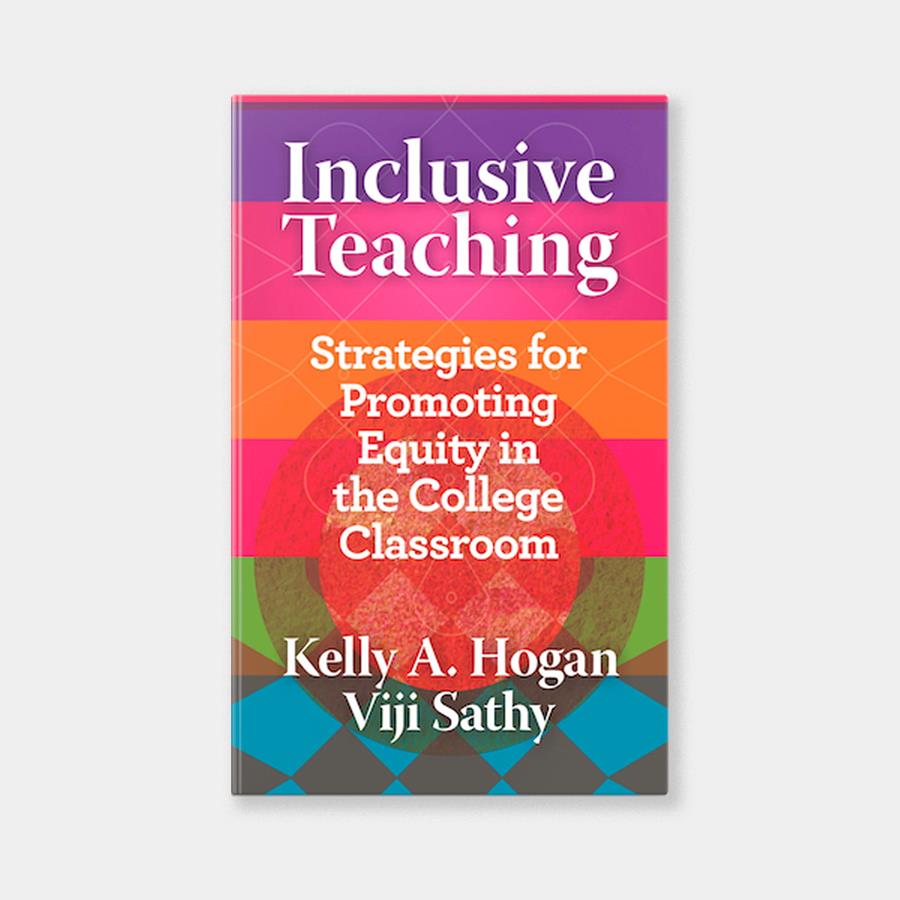
Inclusive Teaching: Strategies for Promoting Equity in the College Classroom by Kelly A. Hogan and Viji Sathy
TLC hosted an informal discussion of Kelly A. Hogan and Viji Sathy's highly engaging book Inclusive Teaching: Strategies for Promoting Equity in the College Classroom (2022). Hogan and Sathy share a wealth of hands-on, evidence-based ideas for increasing engagement, equity, and student success in higher ed classrooms.
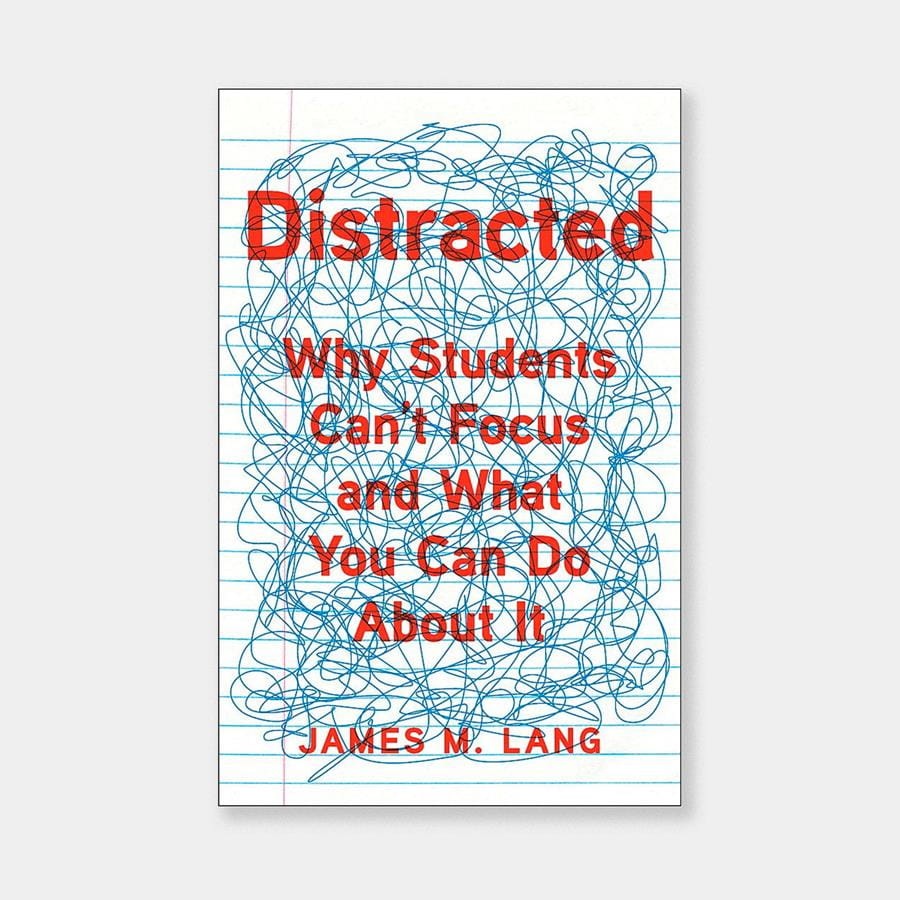
Distracted: Why Students Can't Focus and What You Can Do About It by James Lang
Have you ever wondered “why aren’t students paying attention to me like they used to?” Join the Teaching and Learning Center for our next book group to explore this very question. Distracted explores the history and biology of attention while offering suggestions to improve students' attention in college classrooms. Together we will review these recommendations and consider which as faculty we may not be able to change—such as the physical classroom space—and those we may be able to employ like awakening students’ motivation, curiosity, and wonder of learning in our varied disciplines.
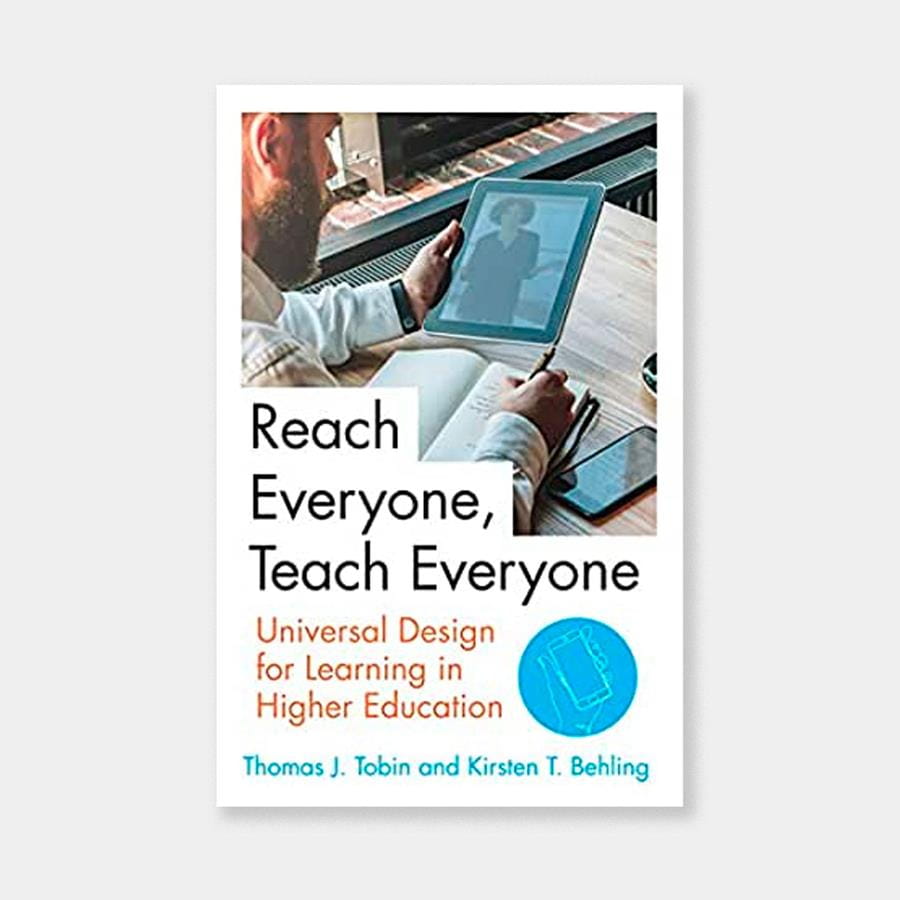
Reach Everyone, Teach Everyone: Universal Design for Learning in Higher Education by Thomas J. Tobin and Kirsten T. Behling
Do you want to strengthen the engagement, interaction, and performance of all college students? If so, then this book is for you! Reach Everyone, Teach Everyone uses the framework of Universal Design for Learning (UDL) that is often associated with students with disabilities, to explore how college instructors can build more inclusive and accessible courses for today’s diverse students. Join us for this timely discussion and identify critical resources such as real-world case studies, active-learning techniques, and both micro- and macro-level UDL-adoption guidance to help you implement or advocate for UDL.
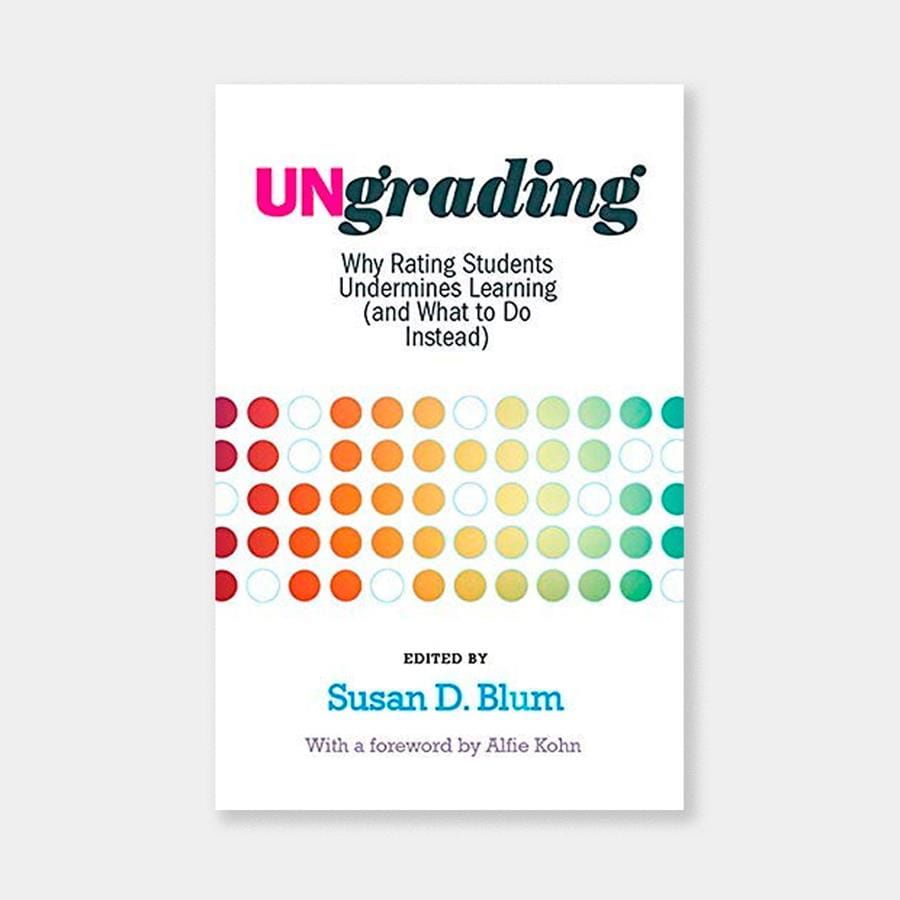
Ungrading: Why Rating Students Undermines Learning (and What to Do Instead) edited by Susan D. Blum
Want to learn additional methods for assessing student performance? Join the TLC for this book group and learn more about the experiences of fifteen educators across disciplines and instructional contexts who moved away from grades-focused teaching in order to better support students as active and engaged learners. These authors frankly discuss both their struggles and successes with implementing pedagogies that diverge from sorting and ranking students. Together we will discuss the these theoretical and practical recommendations and how we might apply similar strategies within our own teaching contexts.
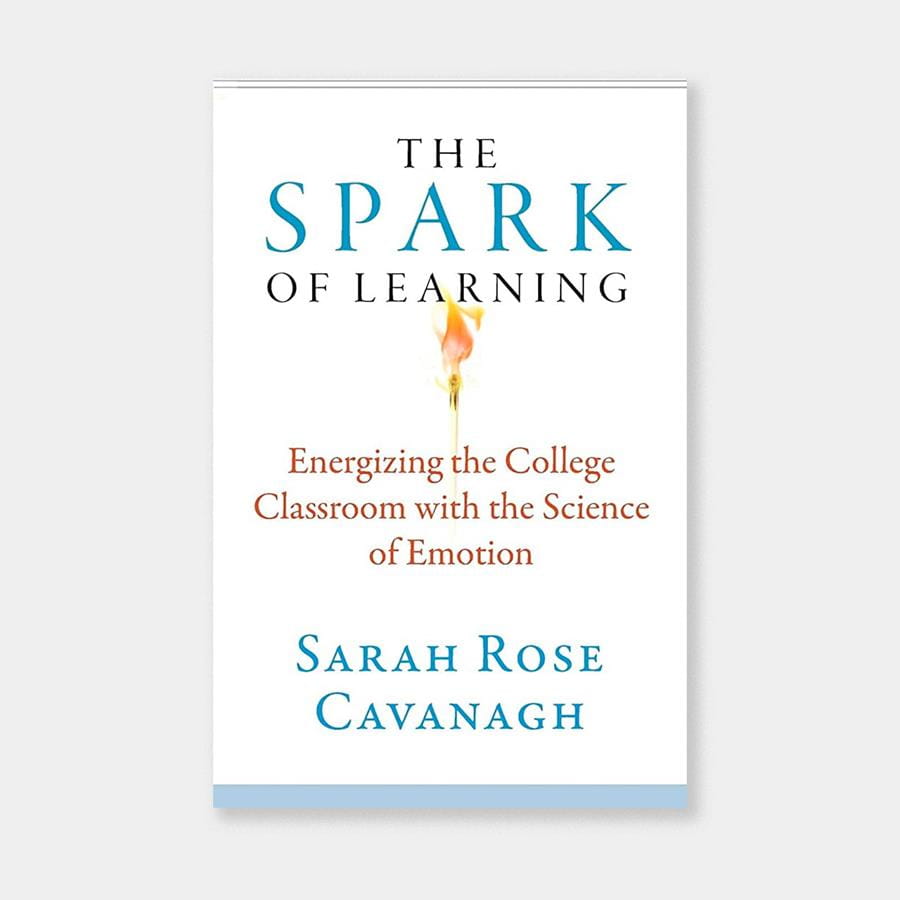
The Spark of Learning: Energizing the College Classroom with the Science of Emotion by Sarah Rose Cavanagh
Historically we have constructed our classrooms with the assumption that learning is best conducted in quiet tones and ruled by an unemotional consideration of the facts. In friendly, readable prose, Sarah Rose Cavanagh argues that if you as an educator want to capture your students’ attention, harness their working memory, bolster their long-term retention, and enhance their motivation, you should consider the emotional impact of your teaching style and course design. Join us in reading and discussing this book and walk away with concrete ways to grow learning in your classroom by using the power of emotions.
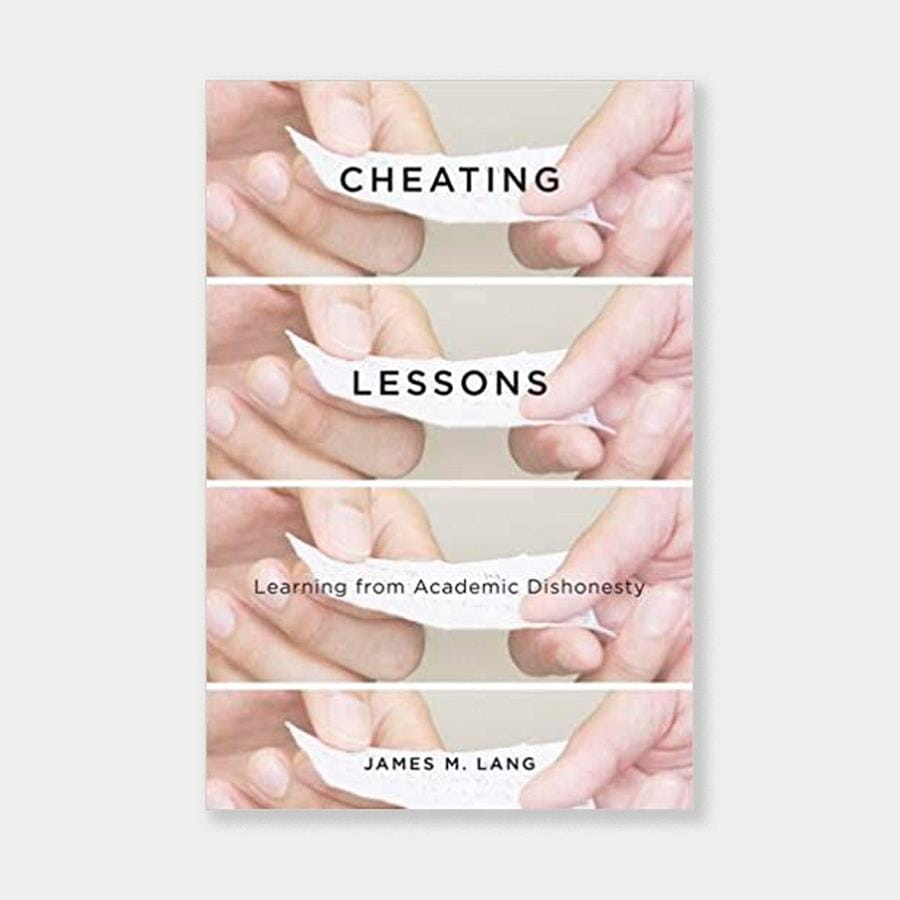
Cheating Lessons: Learning from Academic Dishonesty by James Lang
Faculty can find themselves focusing a great deal of energy on issues of academic honesty, a by-product of the fact that they have had direct experience with students cheating in their classes. James Lang's new research, which draws on findings from cognitive theory, explores how some learning environments can incentivize student cheating, and offers strategies which make cheating less worthwhile while improving student learning. Cheating Lessons provides practical solutions for improving academic honesty in our classrooms.
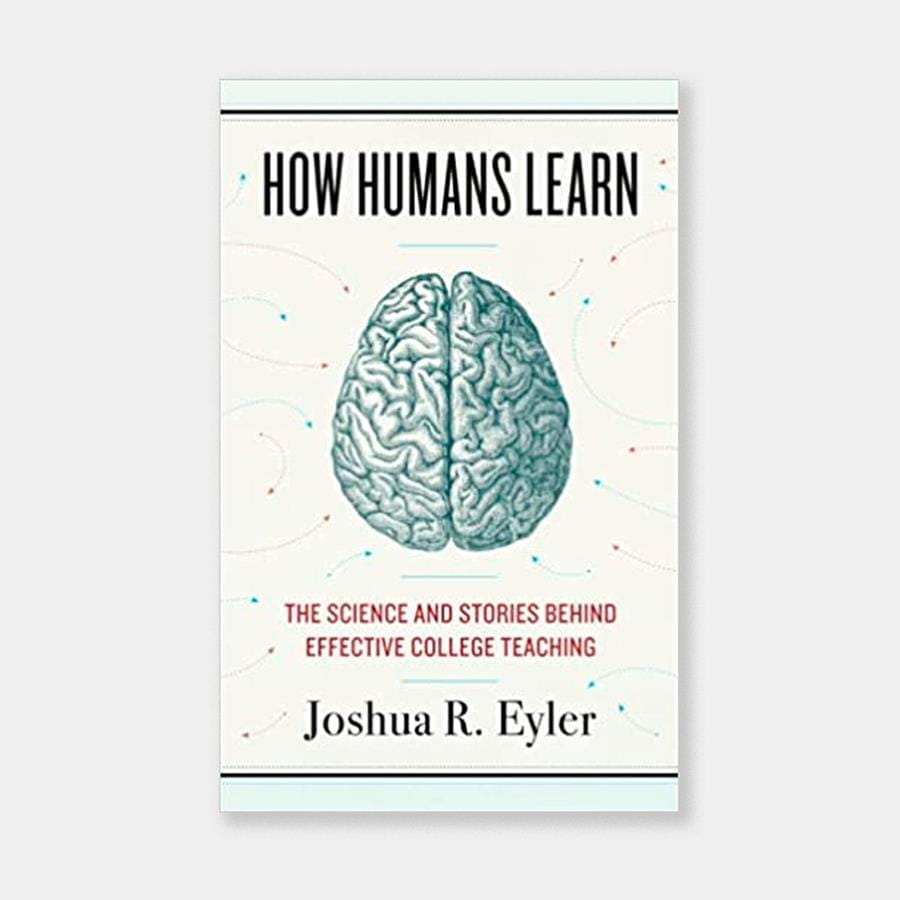
How Humans Learn: The Science and Stories Behind Effective College Teaching by Joshua Eyler
Even on good days, teaching is a challenging profession. Now add the complexities of remote and hybrid learning and the personal struggles our students have faced during an ongoing global pandemic and it can feel nearly impossible to connect, engage, and inspire our students in the way we would like. In this book group, we will explore five themes from How Humans Learn—curiosity, sociality, emotion, authenticity, and failure—to identify teaching strategies that support students' development. Join us for this colleague-to-colleague discussion and leave with practical takeaways that can be implemented in the classroom, studio, lab, clinic, and of course, online!
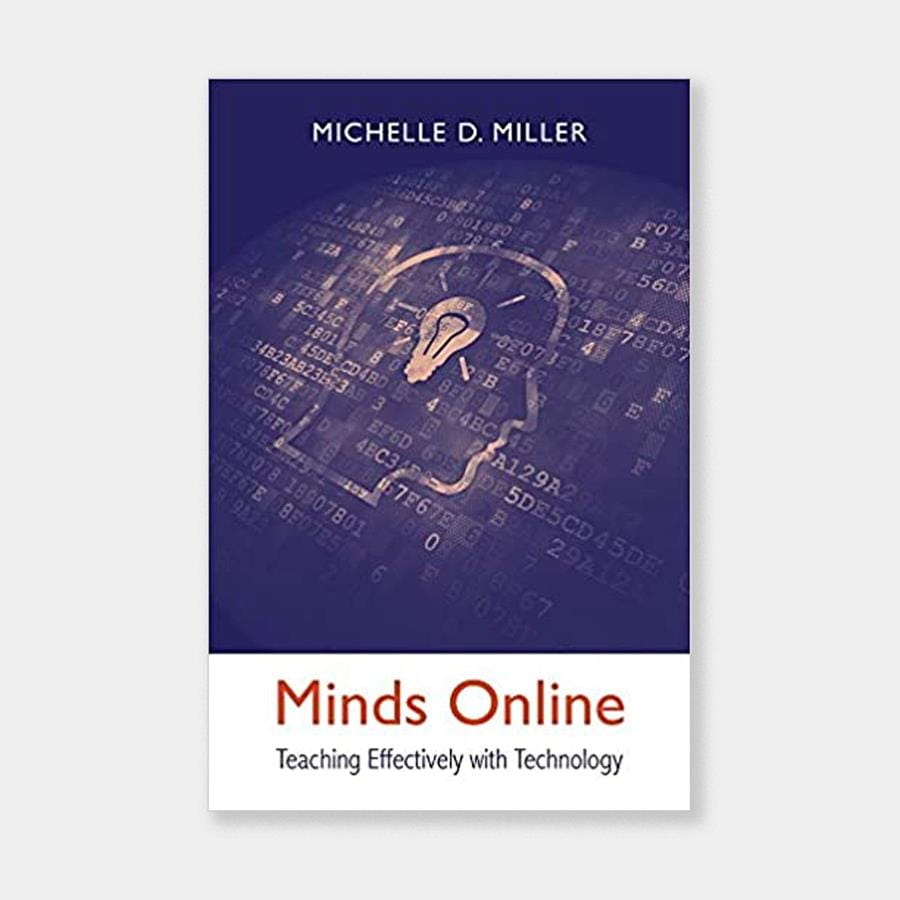
Minds Online: Effectively Teaching with Technology by Michelle Miller
In Minds Online, cognitive psychologist Michelle Miller explains how principles of human cognition can inform the effective use of technology in college teaching. In chapters 4 through 9 she provides specific suggestions and strategies to create what she terms "cognitively optimized" online courses — in effect, online courses designed to fit well with how people actually learn. Join us for this interactive discussion to discuss ways that Miller's work might be applied to your remote or online classroom.
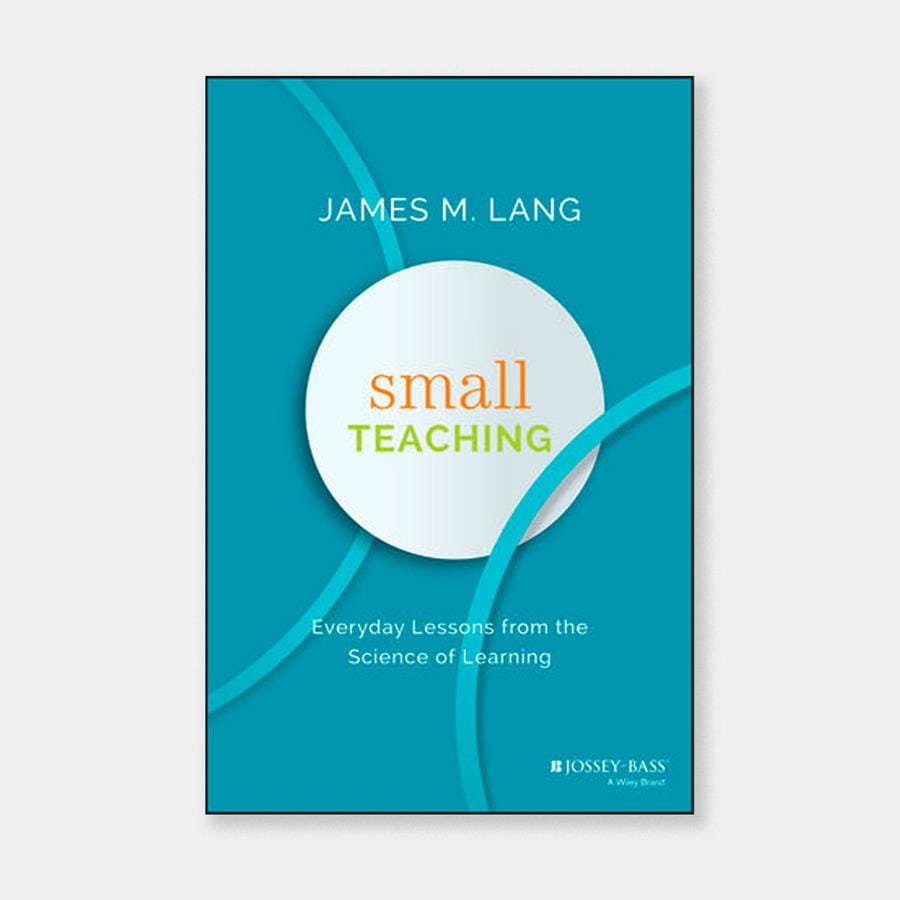
Small Teaching: Everyday Lessons from the Science of Learning by James Lang
Literature on theories of learning often provide great insight, but who has time to completely revamp their courses? In his book Small Teaching, James Lang offers concrete strategies that are not only proven to raise student performance but are also easily implemented into your class. As Lang states, "you can implement them tomorrow morning, next week on Friday... even in the next email you send to your students." Join us for this three-part book group and explore how big changes can start small! Participants who commit to attend all three sessions will receive a free copy of the book.